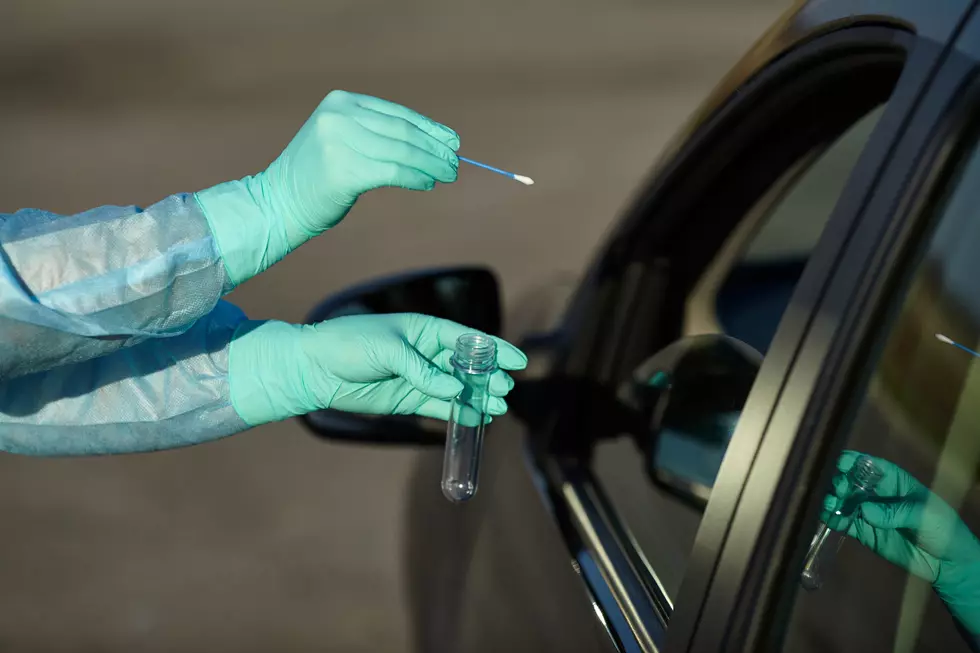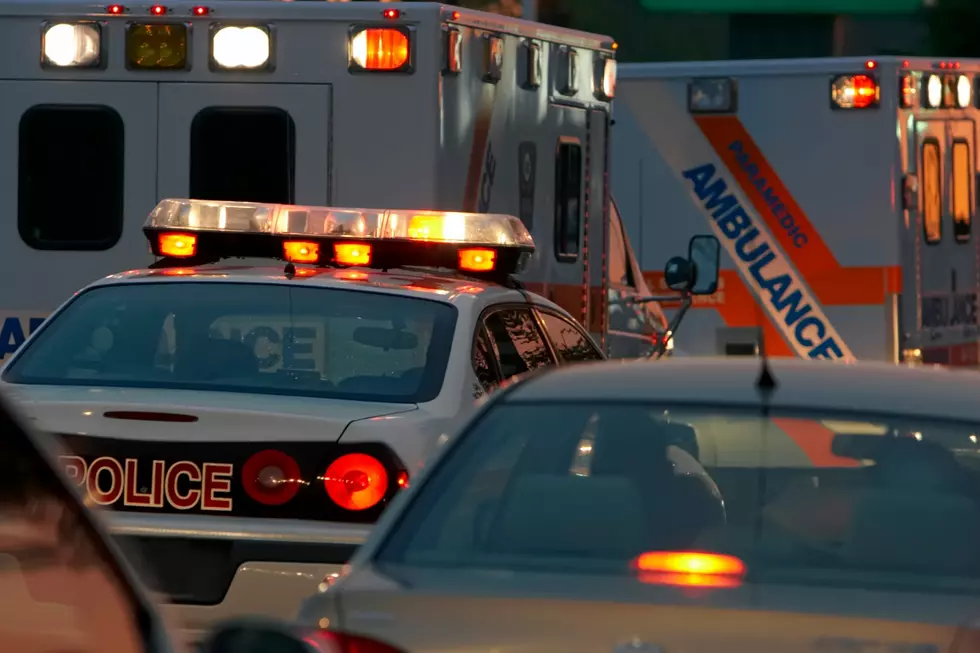
New CDC Quarantine Guidelines
The Center for Disease Control and Prevention has updated part of the recommendations on self-quarantine for some people, depending on the situation. They still say two weeks is best, but people had an ‘all or nothing’ mentality, so this still encourages quarantine during the time when the chances are greatest that spread could happen.
Until now, it has been an across the board 14-day quarantine. If you are not sick, that is a lot to handle. The CDC says that potential exposure to COVID-19 should come with a 10-day self-quarantine if you have no symptoms and 7 days if you have potential exposure and a negative test. The negative test is not a free-pass; it just says at that moment in time, you did not have enough of the disease in your body for the test to register. The CDC also reminds people to still keep an eye out for symptoms even after the 7 or 10 days if you fall into that category…as well as the basics of hygiene and be cautious about what you do and where you go and keeping on top of your handwashing, not touching your face, and wearing your mask routine.
Since we are past Thanksgiving and waiting to see what happens to our COVID-19 numbers after the holiday, NPR reports experts are looking ahead to the December holidays; Hanukkah starts on December 10th, Yule on December 21st, Christmas is the 25th, and then News Years'. People are still being asked to stay home for the next round of holidays, just like we were asked to stay home for Thanksgiving. If you do travel, you should consider a test two to three days before you leave and three or five days after you get back…just to be on the safe side. Of course, all the basics are still in play; if you travel…wash your hands or use hand sanitizer, don’t touch your face, and wear that mask.

5 Things You Probably Didn't Know About Waterville
More From









